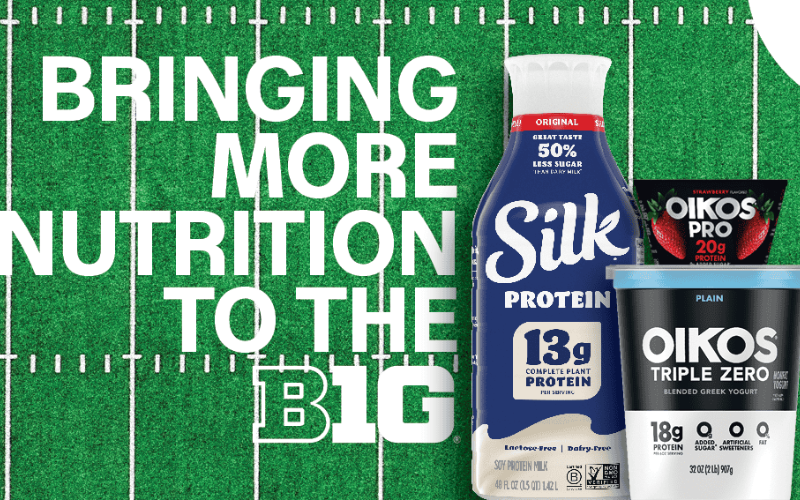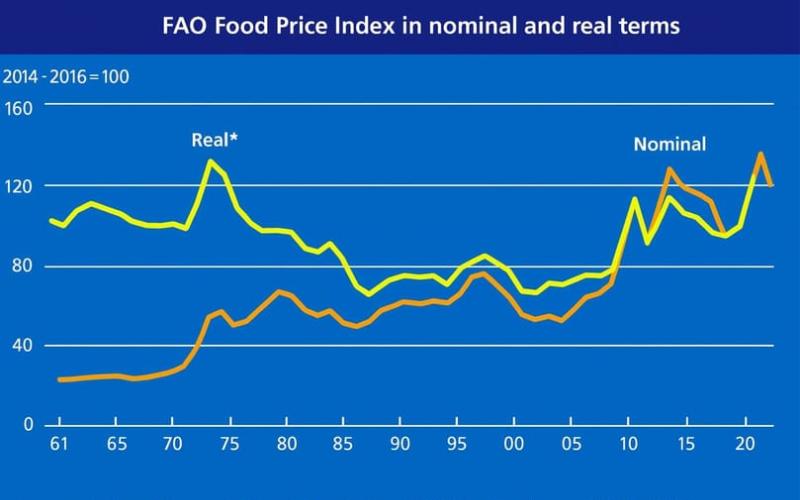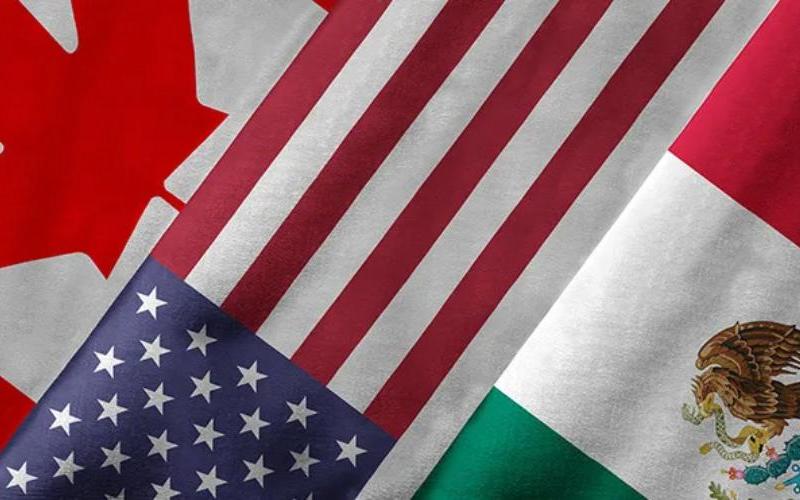Brazil: Paraná Government Acts to Safeguard Local Dairy Industry
Source: The DairyNews
In a bid to shield milk producers in Paraná from the competitive pressures posed by powdered milk imports, the state government initiated two significant measures on Monday (08/04). These actions, aimed at safeguarding the local dairy sector, entail alterations to the norms governing the tax on circulation of goods and services (ICMS), a move hailed by the productive sector amidst a surge in powdered milk imports since 2022.

The first measure, embodied in Decree 5.396/2024, entails a modification in the tax treatment concerning the importation of powdered milk and mozzarella cheese. Simultaneously, the government has introduced a bill to amend the state's ICMS legislation (state law 13.212/2001) pertaining to the importation of these dairy products.
Previously, imports of inputs crucial for production processes enjoyed complete suspension of ICMS. However, with the recent alterations, imported powdered milk and mozzarella cheese will be subject to ICMS taxation at a rate of 7%. Notably, this rate represents the minimum amount of tax collection, as both products are deemed essential and are thus ineligible for taxation at the full rate of 19.5%. Notably, this change applies primarily to industries, the largest importers of these products in Paraná.
Furthermore, under the decree, both powdered milk and imported mozzarella cheese forfeit the entitlement to the presumed credit of 4% of ICMS. The presumed credit serves as a tax incentive mechanism aimed at reducing the ICMS burden on other credits.
Of paramount concern to the state is the control of imports from Mercosur countries. According to Agrostat, Paraná imported 6.5 tons of powdered milk in the preceding year, amounting to US$ 24.6 million in costs. Argentina, Uruguay, and Paraguay collectively accounted for the bulk of these imports. This influx represents a notable escalation from previous years, indicating a pressing need for protective measures to fortify the local dairy industry.
Addressing the challenges faced by Paraná's milk producers, Norberto Ortigara, the Secretary of State for Agriculture and Supply, emphasized the urgency of protecting producers to ensure the sector's viability. Notably, Ortigara underscored the unprecedented nature of the import surge, necessitating immediate action to avert adverse consequences for the sector.
Despite efforts to shore up the industry, dairy producers in Paraná have experienced a decline in earnings. The average price per liter of milk has witnessed fluctuations, declining from R$ 2.58 in 2022 to R$ 2.19 in 2024, indicative of the economic strain faced by local producers.
Paraná, the second-largest milk producer in Brazil, accounts for a substantial share of the national dairy market. With millions of liters delivered to dairy in 2023, the state's dairy sector remains a vital component of Brazil's agricultural landscape.
Moving forward, concerted efforts between the government, agricultural entities, and stakeholders in the dairy sector are essential to mitigate the challenges posed by heightened competition and to foster a conducive environment for sustainable growth.
Based on milkpoint.com.br materials
Previously, imports of inputs crucial for production processes enjoyed complete suspension of ICMS. However, with the recent alterations, imported powdered milk and mozzarella cheese will be subject to ICMS taxation at a rate of 7%. Notably, this rate represents the minimum amount of tax collection, as both products are deemed essential and are thus ineligible for taxation at the full rate of 19.5%. Notably, this change applies primarily to industries, the largest importers of these products in Paraná.
Furthermore, under the decree, both powdered milk and imported mozzarella cheese forfeit the entitlement to the presumed credit of 4% of ICMS. The presumed credit serves as a tax incentive mechanism aimed at reducing the ICMS burden on other credits.
Of paramount concern to the state is the control of imports from Mercosur countries. According to Agrostat, Paraná imported 6.5 tons of powdered milk in the preceding year, amounting to US$ 24.6 million in costs. Argentina, Uruguay, and Paraguay collectively accounted for the bulk of these imports. This influx represents a notable escalation from previous years, indicating a pressing need for protective measures to fortify the local dairy industry.
Addressing the challenges faced by Paraná's milk producers, Norberto Ortigara, the Secretary of State for Agriculture and Supply, emphasized the urgency of protecting producers to ensure the sector's viability. Notably, Ortigara underscored the unprecedented nature of the import surge, necessitating immediate action to avert adverse consequences for the sector.
Despite efforts to shore up the industry, dairy producers in Paraná have experienced a decline in earnings. The average price per liter of milk has witnessed fluctuations, declining from R$ 2.58 in 2022 to R$ 2.19 in 2024, indicative of the economic strain faced by local producers.
Paraná, the second-largest milk producer in Brazil, accounts for a substantial share of the national dairy market. With millions of liters delivered to dairy in 2023, the state's dairy sector remains a vital component of Brazil's agricultural landscape.
Moving forward, concerted efforts between the government, agricultural entities, and stakeholders in the dairy sector are essential to mitigate the challenges posed by heightened competition and to foster a conducive environment for sustainable growth.
Based on milkpoint.com.br materials
Key News of the Week











